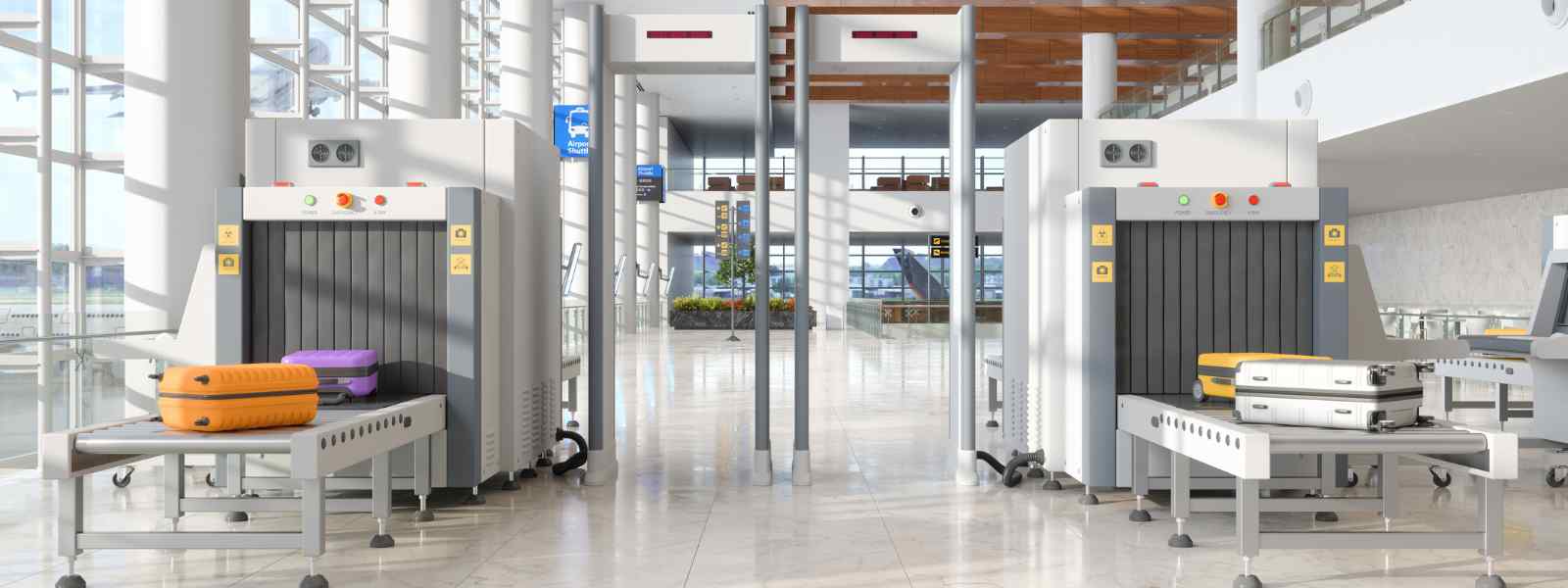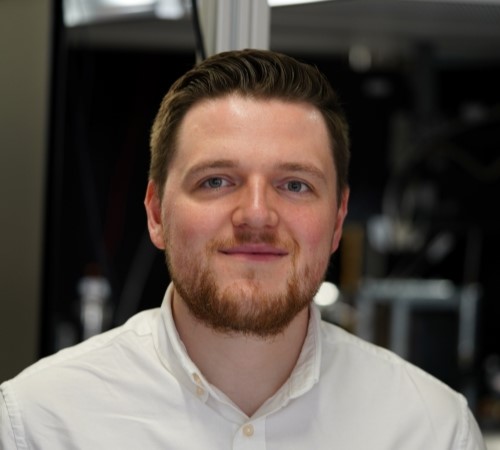
Highly precise and accurate sensing technology, to protect infrastructure and security, is being developed by researchers at the University of Strathclyde.
This technology has capacity in various applications, including prevention of smuggling and enabling navigation in GPS-denied environments.
It will have the capability to detect solar weather events for the protection of critical national infrastructure, such as the power grid. It can also be used to identify concealed objects at high security locations such as airports and seaports.
The technology will develop advanced versions of optically pumped magnetometers (OPMs), which demonstrate high precision, stability, and reliability.
Innovative techniques
The research, by Dr Dominic Hunter, of Strathclyde’s Department of Physics, aims to use innovative techniques in magnetometry and vapour cell fabrication to achieve the highest levels of precision, equivalent to a few parts-per-billion of the Earth’s magnetic field.

Dr Hunter has received a Royal Academy of Engineering UK Intelligence Community Postdoctoral Research Fellowship for the research. He is one of six newly-announced recipients of the grants and his fellowship is worth £250,000 over two years.
Dr Hunter said:
Security and infrastructure are essential to ensuring that society as a whole functions properly and the importance of protecting them cannot be overstated. This will be, with the support of the Royal Academy of Engineering’s fellowship, the aim of my research.
“OPMs are an exceptional platform for magnetic imaging, which has many applications for achieving these goals. A central focus of the research will be stability, which is crucial for avoiding drifts and ensuring the clear detection of magnetic signals of interest.
“Most commercial systems often suffer from drifts and require frequent recalibration when operating in the Earth’s ambient magnetic field conditions. This research proposes a self-calibrating method to address these challenges.”
Each awardee of a UK Intelligence Community Fellowship receives funding for at least two years of their project and mentorship from a Fellow of RAEng, as well as an advisor from the intelligence community.